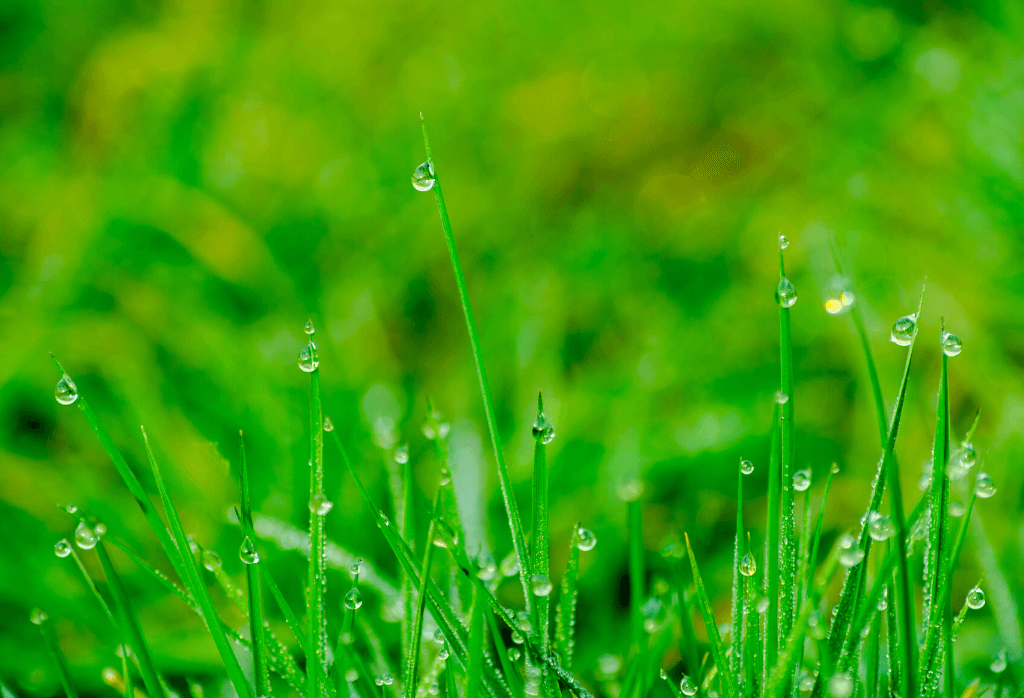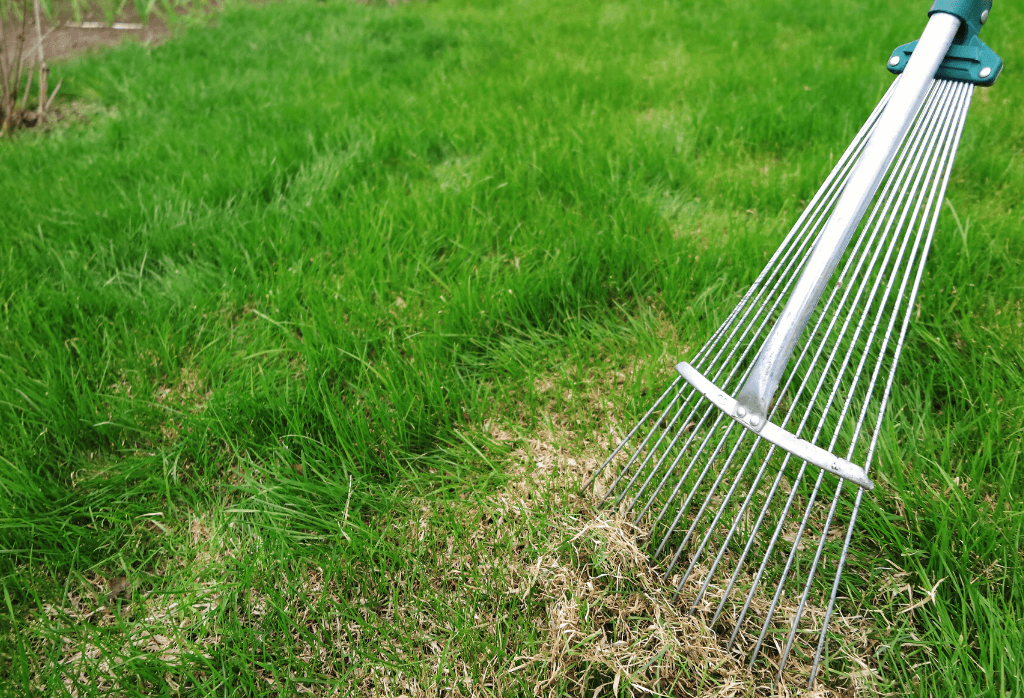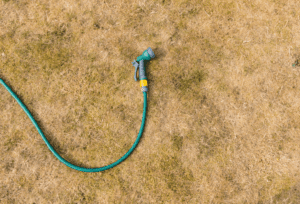What Is Thatch And How Does It Effect My Lawn?
Thatch is a layer of living and dead plant parts that have accumulated above the surface of the soil and surround the crown of the grass plant.The problem with thatch, and the reason many homeowners understand that it can be harmful to maintaining a healthy lawn, is that the thatch layer, if it exceeds approximately ¾ inch, can prevent air, water and fertilizer from reaching plant roots, where they are taken up by the grass plant.
Importantly, well cared for lawns, where the grass is mowed frequently, taking off no more than 1/3 of the grass blade per mowing, and fertilized regularly, will tend to develop less thatch. When the soil acidity or pH is in the range of 6.2 to 6.8, micro-organisms will actively decompose the thatch before it builds up into a blocking layer.

When the thatch layer is more than ¾ inch in thickness, you should aerate the lawn. Core aeration is a better way to improve air, water and fertilizer movement and break up soil compaction than de-thatching.
To check the thatch layer’s thickness, simply cut a square out of the lawn and observe the thickness of the layer of accumulated plant parts above the soil itself.
While a de-thatching or verticut machine may be used to pull out or cut slits in the thatch layer, neither process opens up the soil. So, while you may remove some of the thatch, the procedure is extremely messy and does not improve air, water or nutrient movement to plant roots or lessen soil compaction.
An annual core aeration on established lawns is highly recommended. Golf courses core aerate on a regular basis, often multiple times in a growing season, underscoring the effectiveness of aeration vs. de-thatching.
Check out the link here for more.
Join Our Free Lawn Care Newsletter
Stay Up to Date With The Latest News & Updates
* We don’t share your info with anyone ever.



